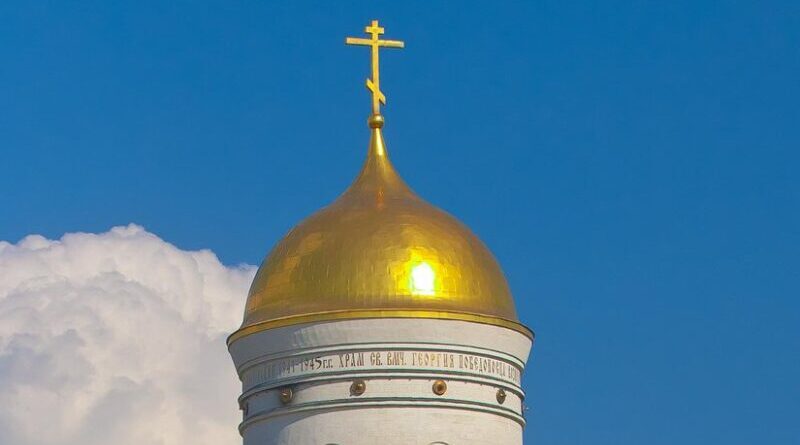Self-Declared Religious Russians Choose State Service Because Both State And Church Value Loyalty – OpEd
By Paul Goble
Russians who identify as believers are more likely to seek work in the government sector than those who consider themselves non-religious,” at least in part because state service and religiosity both presuppose loyalty as a primary value, according to new research.
Vladimir Ruvinsky of Vedomosti (vedomosti.ru/opinion/articles/2018/05/11/769140-religioznie-gossluzhbu) summarizes a study prepared by Aleksandr Kalgin entitled “For Faith and Country: Religiosity and Public Service Employment in Russia” and originally presented at a Higher School of Economics conference (researchgate.net/publication/323738055).
In Soviet times, declared religiosity was an obstacle to any state service, and even in the first post-Soviet years, there were relatively few religious Russians who went to work for the government or for state enterprises. But by the end of the 1990s, that had changed; and those who declared their religion were more likely than others to work for the government.
Since 2000, Ruvinsky says, there has been a stable trend toward the strengthening of ties between declared religiosity and the desire of those who do to work in the state sector, given that the Russian Orthodox Church sees itself as the partner of the state in promoting a new national identity.
There is definitely a connection between religiosity and striving to work for the state, Dmitry Rogozin of the Russian Academy of Economics and State Service. But the big question is whether this is about declared religiosity or real faith. In his view, Rogozin says, it is more the former than the latter, a reflection of conformity rather than belief.
“State service,” he says, “is connected not with religiosity but with declared religious consciousness,” the sociologist says. “We see this in other research as well.”

